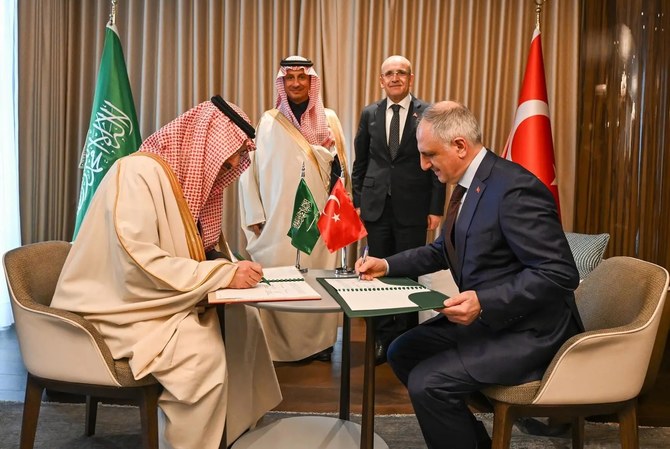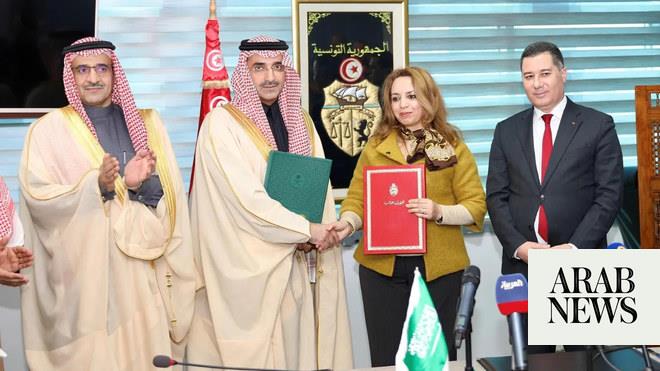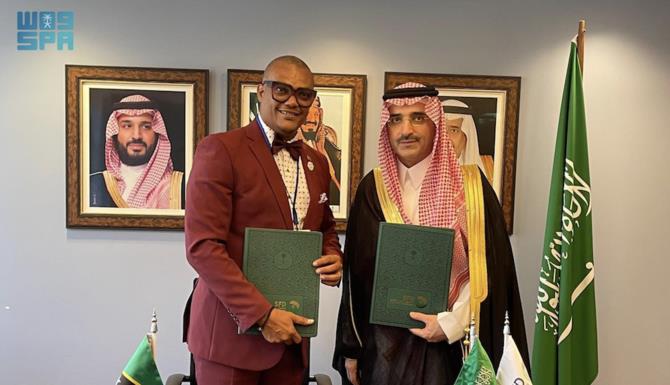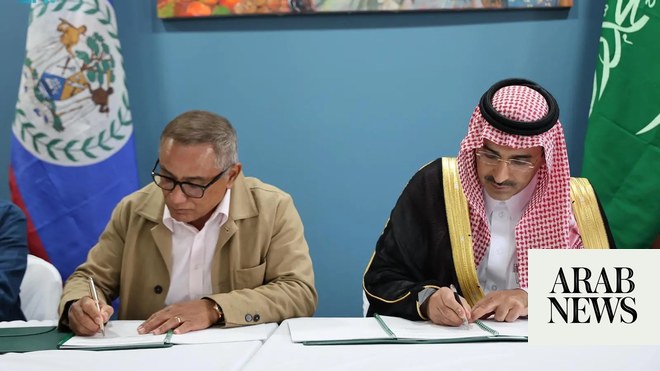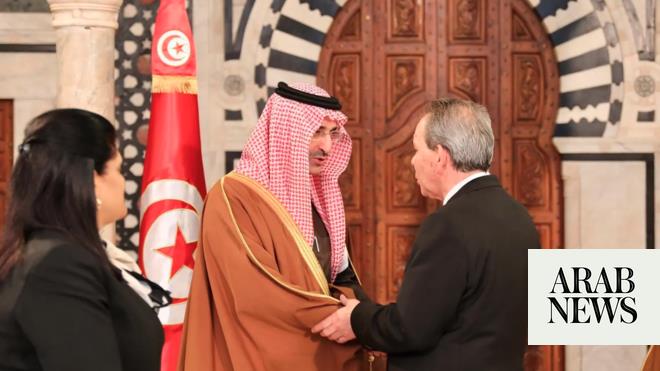
JEDDAH: Serbia has signed a $205 million loan agreement with the Saudi Fund for Development to enhance its agriculture, education, and energy sectors.
Three deals were signed in Belgrade by Sultan Al-Marshad, CEO of SFD, and Sinisa Mali, the European country’s deputy prime minister and minister of finance, in the presence of Ali Al-Dossary, Saudi Arabia’s deputy ambassador to neighbouring Bosnia and Herzegovina, according to a statement by the fund.
Mali expressed his pleasure to sign the agreements with SFD, which, he said is the first concrete step after last year’s signing of a memorandum of understanding to develop and invest in capital projects.
“We are grateful for the support. The projects for which this money is intended will contribute to the creation of new jobs, strengthening of our economy, and better positioning Serbia in the world scientific community,” he said.
Mali added that the agreements will strengthen the long-term partnership between Serbia and Saudi Arabia and aid in implementing and developing significant projects in his country.
The three projects include $75 million funding for the Strengthen Irrigation Infrastructure in Different Areas Project, $65 million for the Construction of the Bio4 Campus in Belgrade Project, and $65 million for the Development of Transmission System Operator (Phase 1) Project, according to the release.
The first project aims to enhance irrigation systems and improve water management in key agricultural areas by constructing new water pumping stations, rehabilitating existing canals, and developing a modern irrigation network over 230 km. It will target villages like Novi Slankamen in the north and Jasenica Kapi in the northeast and seek to increase agricultural productivity and ensure efficient water distribution during drought conditions.
The second project will finance the construction of the Bio4 Campus in the Serbian capital and will serve as an innovative scientific research center dedicated to biotechnologies. The campus will feature six faculties, nine scientific institutes, and advanced laboratories, including a biosafety level 3 lab at the University of Belgrade.
Designed to foster interdisciplinary innovation and collaboration, the center aims to unite researchers, scientists, and professionals in fields such as biology, medicine, and wastewater research.
The third will expand Serbia’s energy infrastructure by building a new 400 kV transmission line and upgrading existing substations that will help enhance the reliability of Serbia’s power supply and integrate the country into the European electricity market through the Trans-Balkan Electricity Corridor.
Al-Marshad said that supporting sustainable development through strategic funding in infrastructure and education is central to his organization’s mission.
“This partnership with Serbia underscores our commitment to fostering innovation, enhancing agricultural productivity, and improving energy security in line with the UN Sustainable Development Goals. The projects we are funding will help create lasting benefits for the Serbian people and contribute to their socioeconomic development,” he said.
In November 2022, Al-Marshad received Mali in Saudi Arabia, where the Serbian official was briefed on SFD’s development initiatives in emerging nations, according to the Saudi Press Agency. They discussed key opportunities in Serbia’s development sector.
Mali expressed appreciation for the Kingdom’s efforts, through SFD, to provide development support via various projects and programs in developing countries, which contribute to achieving sustainable development goals. He also highlighted Serbia’s interest in fostering development opportunities to strengthen bilateral relations in the sector.
The fund has recently celebrated 50 years of advancing global development, with recent expansions into 11 new countries, including Serbia.
Saudi Arabia’s official development arm has financed more than 800 projects in over 100 countries, totaling $20 billion.




